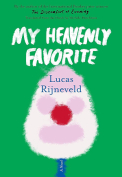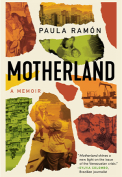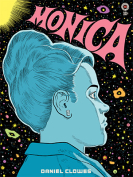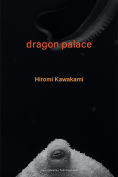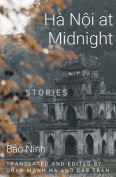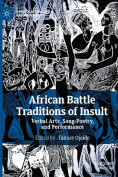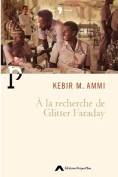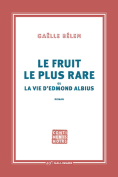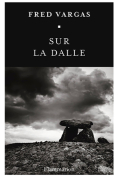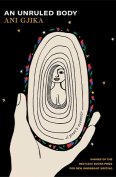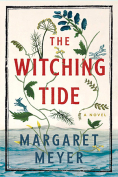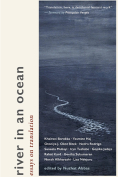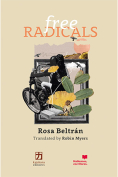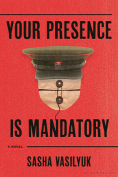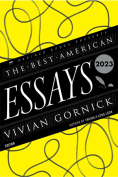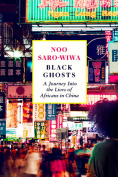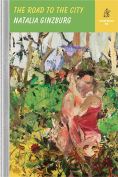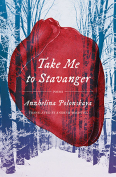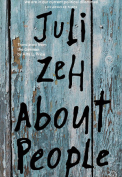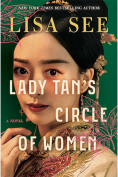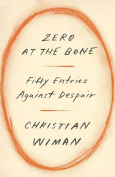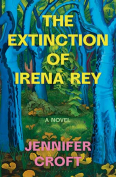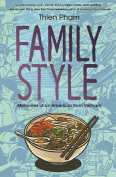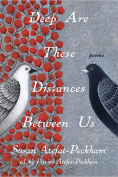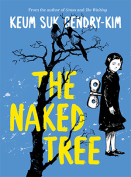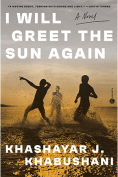African Battle Traditions of Insult: Verbal Arts, Song-Poetry, and Performance
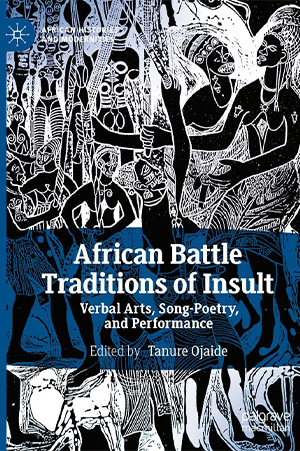 London. Palgrave Macmillan. 2023. 318 pages.
London. Palgrave Macmillan. 2023. 318 pages.
Tanure Ojaide’s new book has an attention-grabbing title. One cannot escape the depth of scholarship and literary criticism explored in the fifteen chapters of uneven length but highlighting penetrating insight and robust scholarship in African Battle Traditions of Insult: Verbal Arts, Songs-Poetry, and Performance. In recent decades, Western culture has witnessed the emergence of critical scholarship from Africa.
This book sheds light on African scholars’ efforts to continue in the tradition of discourse that offers both consistent and provocative views of African and African diaspora culture, art, and society. The topics covered in the book echo those covered in Onwuchekwa Jemie’s book Yo Mama! New Raps, Toasts, Dozens, Jokes and Children’s Rhymes from Urban Black America (2003). While Jemie’s edited publication explored Black America, Ojaide’s work attempts to bring together Africa and the African diaspora under one umbrella. With this book, the editor confirms his intention of following in the footsteps of such seasoned scholars as Francis Abiola Irele, Emmanuel Obiechina, Mazisi Kunene, Kofi Awoonor, Chinweizu Ibekwe, and Oyekan Owomoyela, among others, whose essays on African society and culture expanded horizons and heightened interest in critical areas of discourse on African and African diaspora literature and art.
The introduction emphasizes the challenge of studying Africa and the African diaspora due to its widespread extent. Ojaide explains this in more detail and lays the foundation for readers to understand why this fascinating enigma has persisted for more than seven decades. In the introduction, he presents a number of arguments that I find both compelling and insightful. Throughout the book, he ventures into and out of apparent practices of African and African diaspora writing to provide key insights that will no doubt lead to the development of new research areas. Among his prime examples are the exorbitant models that folklore and traditions of verbal challenges have added to the dynamics of song and poetry in Africa and the African diaspora. Additionally, his comparative lens sheds light on the ways in which calypso, a Caribbean form of music, and Greek step-shows have influenced the African diaspora. It is a plus that the book provides a wealth of oral poetic performances directly linked to various regions in Africa.
Every avid reader of African scholarship should find the essays collected in African Battle Traditions of Insult both intriguing and judicious. The strength of this monograph lies in the wide range of topics explored and the range of territory explored. An enumeration of topics that are addressed in this book includes power, culture, women, oral poetry, insults, Black Greek step-shows, rap, African indigenous knowledge systems, and verbal warfare.
Each essay merits inclusion. How the editor worked his way into arranging the sections reveals yet another notable mark of his commitment to publishing scholarship with a lasting impact. In the book there is an attempt to explain the retention of authentic African art forms in the West. This is despite the horrors of slavery that subjected Africans in the diaspora to cultural alienation. From Cuba to Brazil as well as other places, examples are pulled out and discussed to give context to this fabric of intellectual inquiry. Even Derek Walcott, among other notable names, is mentioned to dignify the allusions made to endear readers to this fascinating work of scholarship. How one imagines verbal insults from the Black cultures of the United States as a form of art and cultural production seems to be settled in numerous examples that are piled up for reader consumption.
Considering the rapid growth of Africana studies as an interdisciplinary area of study as well as the increasing interest in African/African diaspora studies within academic circles, this book follows in the tradition of committed scholarship and is a welcome addition to a field that has produced a significant amount of serious scholarship. Ojaide forages among the African and African diaspora imagination in literature and other forms of expression.
Dike Okoro
Harris Stowe State University

